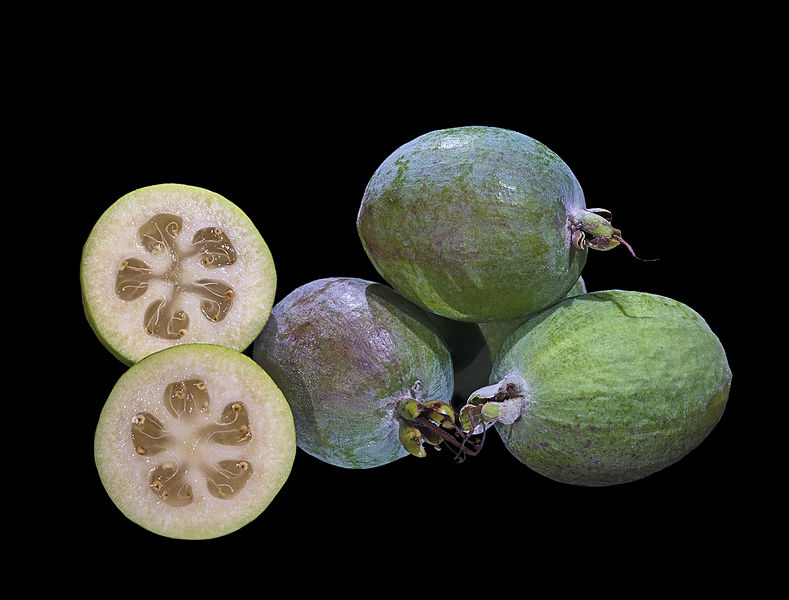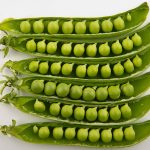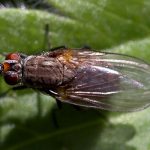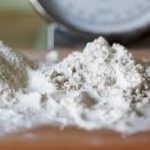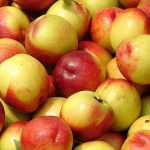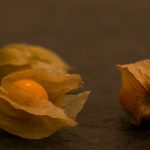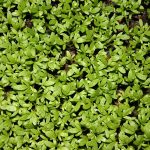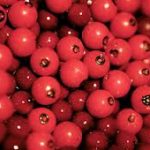Feijoas are a species of flowering plant in the myrtle family. It is native to southern Brazil, eastern Paraguay, Uruguay, northern Argentina, and Colombia.
It is widely cultivated in New Zealand and can be found as well in Australia, Azerbaijan, western Georgia, southern Russia and South Africa.
Feijoas have a juicy, sweet seed pulp and slightly gritty flesh nearer the skin.
So if we can eat them, can guinea pigs eat feijoas, and if they can how much of it can they eat?
As usual, the best way to get to know a fruit is to find out about its nutritional facts and get under the skin of the feijoa.
The sugar, fat, phosphorus, acidic and calcium content are the most pertinent content features to guinea pigs so we’ll take a particular interest in them.
Energyt230 kJ (55 kcal)
Carbohydratest12.92 g
– Sugarst8.2 g
– Dietary fibert6.4 g
Fatt0.6 g
Proteint0.98 g
Thiamine (vit. B1)t0.006 mg (1%)
Riboflavin (vit. B2)t0.018 mg (2%)
Niacin (vit. B3)t0.295 mg (2%)
Pantothenic acid (B5)t0.233 mg (5%)
Vitamin B6t0.067 mg (5%)
Folate (vit. B9)t23 μg (6%)
Vitamin Ct32.9 mg (40%)
Vitamin Et0.16 mg (1%)
Vitamin Kt3.5 μg (3%)
Calciumt17 mg (2%)
Iront0.14 mg (1%)
Magnesiumt9 mg (3%)
Manganeset0.084 mg (4%)
Phosphorust19 mg (3%)
Potassiumt172 mg (4%)
Sodiumt3 mg (0%)
Zinct0.06 mg (1%)
(source: Wikipedia)
As you can see Feijoas contain a little phosphourus, fat, sugar, calcium, and are a little acidic.
However their vitamin c content is very good.
With all this in mind, guinea pigs can eat feijoas but not everyday because of the content mentioned above. Three to four days a week should suffice in small amounts, but they are very good fruit for guinea pigs to eat and good addition to their diets.
However do chop away their skin and the seeds before eating the flesh

